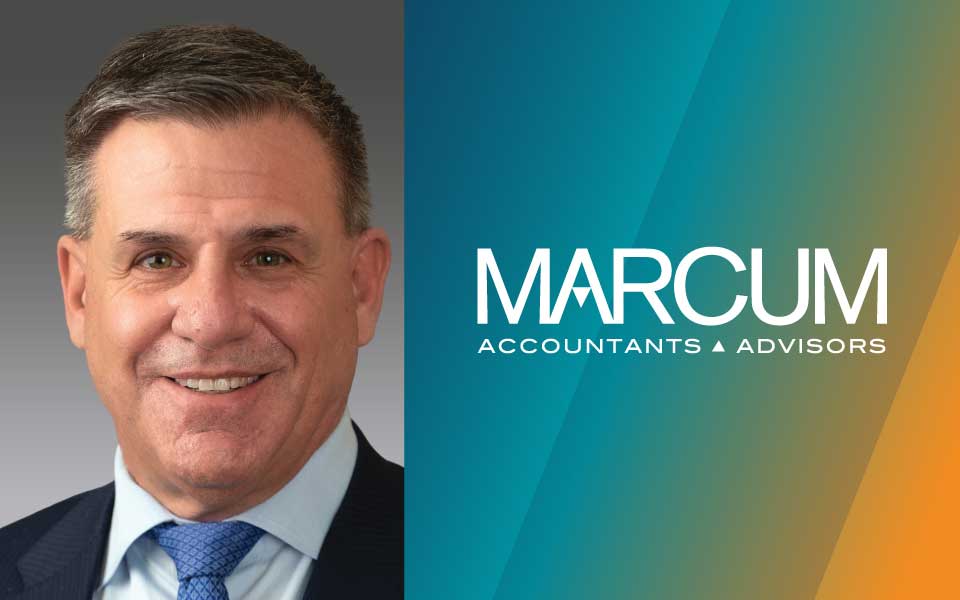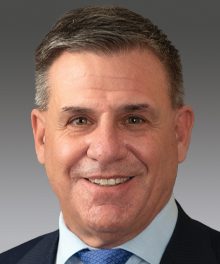Joseph Perry, Partner-in-Charge, Tax & Business Services, Featured in BloombergBusinessweek Article "Shareholders Gorge on Payouts as Tax Hike Nears"
BloombergBusinessweek
By Roben Farzad
Excerpt:
One boom, megabust, and sort-of-boom after they first went into effect, the expiration of George W. Bush-era tax cuts could goose the top individual dividend income-tax rates to more than 43 percent from the current 15 percent. This comes at a time when companies in the Standard & Poor’s 500 index lug about $900 billion in cash, a 40 percent jump since 2008 that has made them net suppliers of cash to the rest of the economy.
So then what better time than these waning days of 2012 for corporate managers—most often major shareholders themselves—to issue special, one-time dividends? In the spirit of the holiday season, too. It stands to reason that the closer the economy gets to falling off the Fiscal Cliff, the more likely boards would be to sign off on such payouts. The recent precedent for this was the final quarter of 2010, when companies raced to pay out extra cash on concerns that President Obama and the Republican Congress would not extend Bush-era tax cuts past the end of the year (that ball was effectively punted to the present).
“Providing a special dividend to shareholders might be a good idea to consider in light of the election turnout,” says Joseph Perry, a partner in charge of tax and business services with accounting firm Marcum, which last month joined with broker Twenty-First Securities to urge companies to pay out early and often. “If you assume that dividend tax rates will go up next year, it is prudent to help your long-term shareholders before Dec. 31.” Perry says this can be accomplished either by paying out any cash dividends before year-end or by paying a stock dividend, which is generally not taxed until the stock is sold (thereby allowing investors to defer taxes until they sell their shares and to take advantage of a long-term capital gains rate that even under the Obama plan would still be half the maximum dividend tax rate).
The calculus is a confusing one. Perry says that this time of year is normally when investors look to harvest losses, accelerate deductions, postpone income, and invest in companies that don’t pay dividends. “But for this year-end,” he says, “they need to do the opposite.”




















